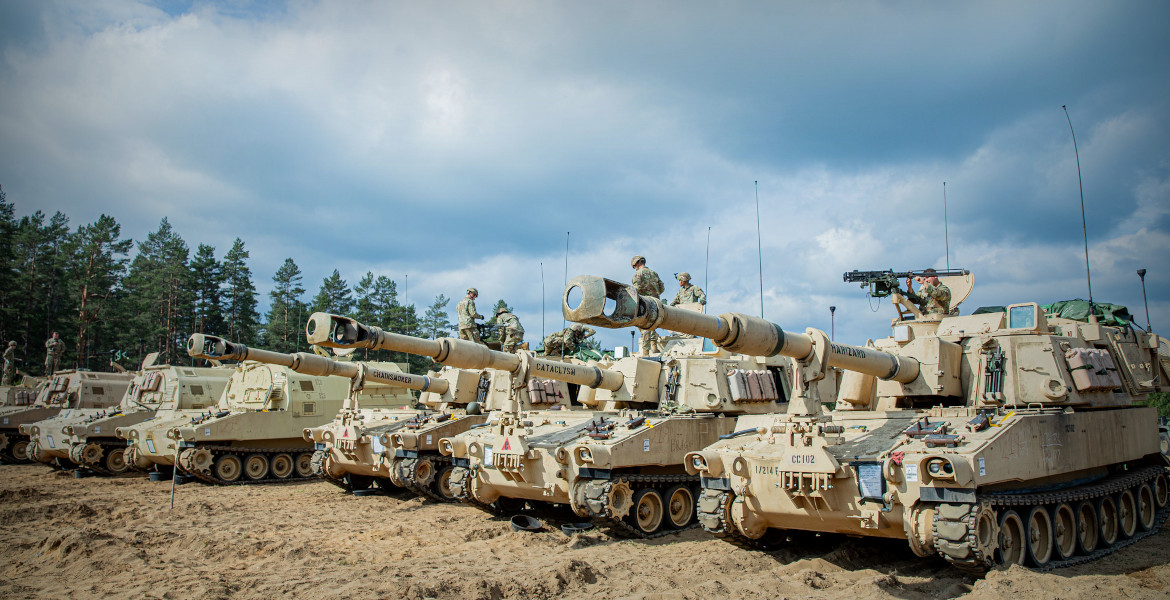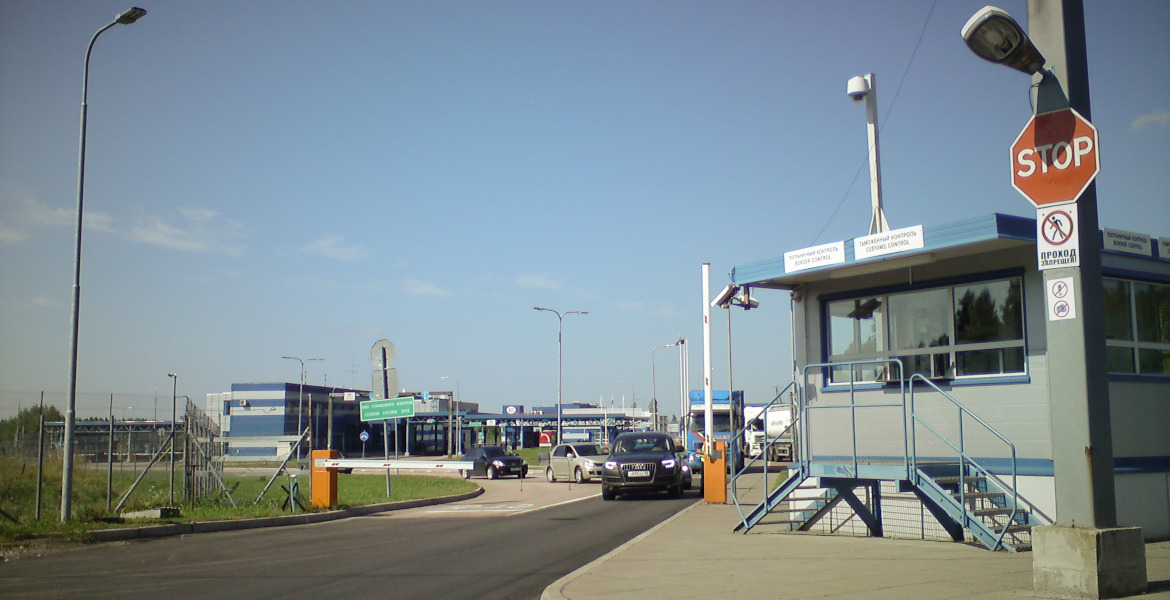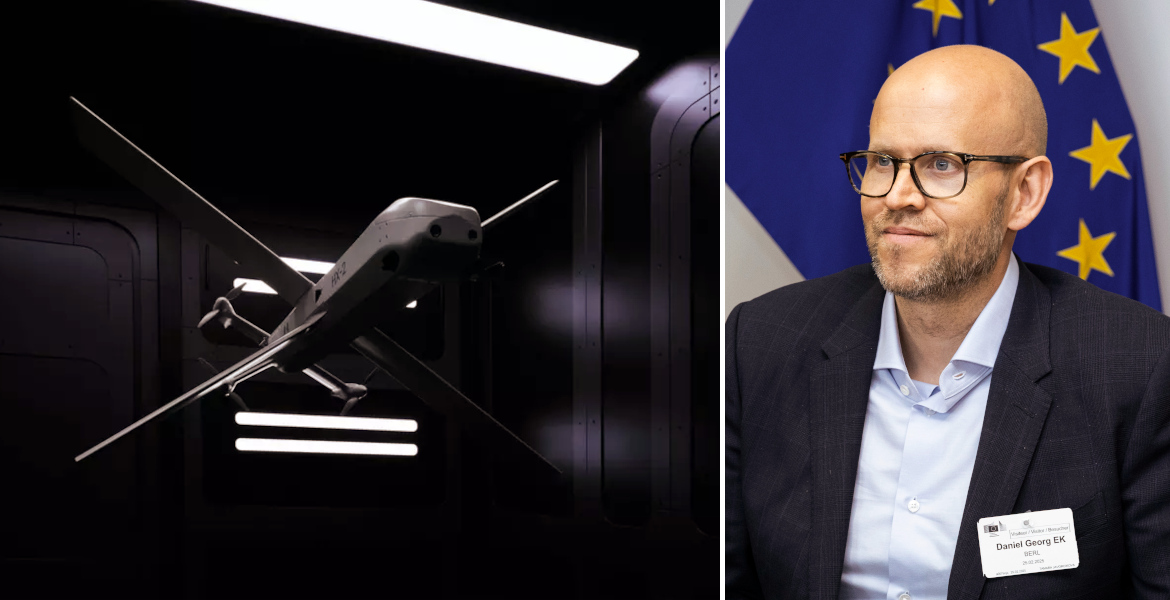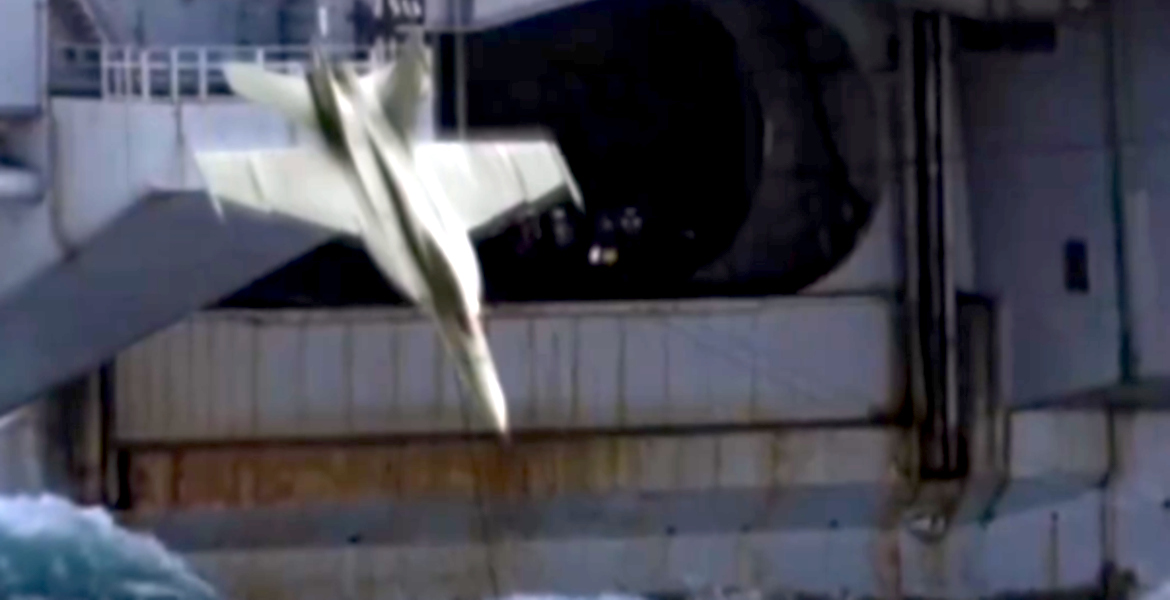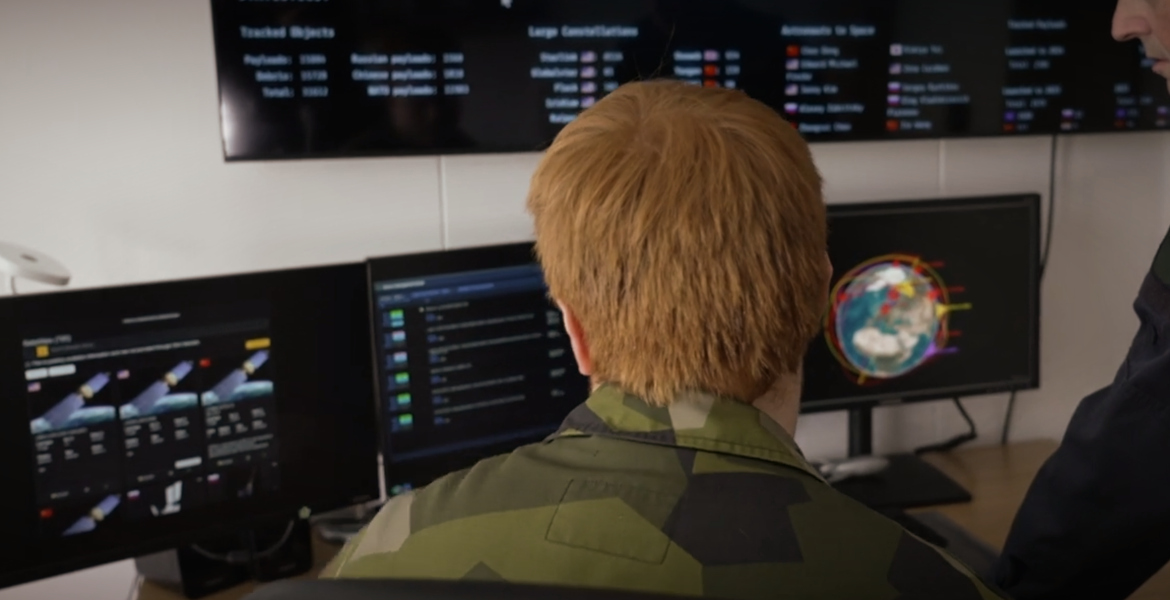The US military alliance NATO is currently building a number of new bases and strengthening its military presence along Europe's eastern flank – from the Baltic to the Black Sea. In Romania, an entire military city is emerging with space for tens of thousands of soldiers and their families. In response to NATO's expansion, Russia is also further expanding its military infrastructure along its western border.
While the expansion of military bases continues, the number of so-called multinational combat groups continues to increase, as do demands for higher defense spending among NATO member states. Some describe this development as a new iron curtain – this time in the form of military infrastructure.
One of the most extensive projects is taking place in Cincu in central Romania, where a whole new military community is now emerging. According to information from the state channel SVT, NATO is building a base there with space for up to 10,000 soldiers and their families.
The area includes new runways, roads, schools, housing, and shops – with the aim of supporting a long-term presence in the region. The construction, which began shortly after the outbreak of war in Ukraine in 2022, is part of a larger pattern in which NATO has gradually strengthened its presence in the east.
EINE MILITÄR-KOLONNE IM VALEA OLTULUI
Das Video zeigt eine militärische Kolonne, die am 3. April 2025 durch die Valea Oltului fährt. Es handelt sich vermutlich um eine portugiesische Einheit, die auf dem Weg zu einer Übung in Cincu ist.
Cincu ist vor allem… https://t.co/QXUaW6MaYZ pic.twitter.com/Z5mT3XYFuf
— Miss_An-thrope (@BitTanlep) April 6, 2025
Mark Rutte: "There are no alternatives"
Critics, however, argue that the rapid militarization in Europe risks exacerbating an already tense situation. Instead of diplomatic solutions and détente, Western countries are choosing to respond with more soldiers, more weapons, and more bases.
At the same time, NATO's incoming Secretary General Mark Rutte has proposed that member states should spend up to 5 percent of their gross domestic product on defense. This should include not only increased spending on weapons and troops, but also extensive investments in new infrastructure, digital security, and logistics.
– There are no alternatives. We must prepare ourselves for a more unpredictable security situation, Rutte said recently in a statement.
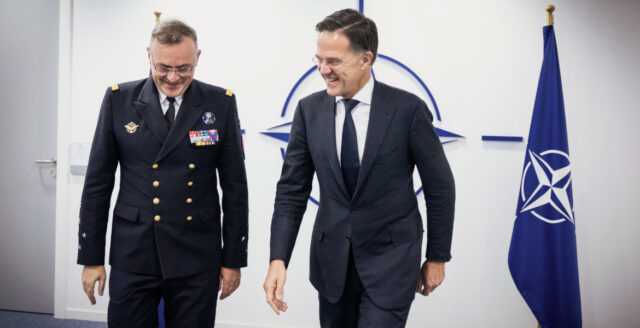
Russia reinforces
Across the border, Russia is reportedly increasing its military activity near Finland, where Russian bases in Kamenka and Petrozavodsk, among other places, are reportedly being upgraded. The Kremlin has also responded with its own military exercises and a stronger presence in areas close to NATO countries.
Both East and West thus appear to be in a period of significantly increased military build-up. Official sources describe this as defensive measures, but critical voices warn that this is rather a mutual arms race, with Europe as the main arena.
Representatives of peace organizations argue that military walls have never been a recipe for stability and long-term peace. Instead, they believe that diplomacy and security guarantees should be the focus – not permanent troop deployments and military cities.
FACT: NATO bases in Eastern Europe
- Battle groups since 2017 - NATO has had four permanent multinational battle groups in Estonia, Latvia, Lithuania and Poland since 2017.
- Expansion after 2022 - Following the outbreak of war in Ukraine, four additional teams have been established in Bulgaria, Hungary, Romania and Slovakia.
- Cincu base in Romania - One of the largest new facilities is being built in Cincu, accommodating 10,000 soldiers and dependants. The area will have housing, schools, shops and airstrips.
- Rotating forces - Troops from countries including France, Belgium and the Netherlands will regularly rotate through the bases, with support from the US.
- NATO member states are expected to increase their defense spending in the future, according to a proposal by incoming Secretary-General Mark Rutte, to a total of 5% of GDP (3.5% for military defense and 1.5% for related infrastructure and cybersecurity). However, this is not yet decided.
